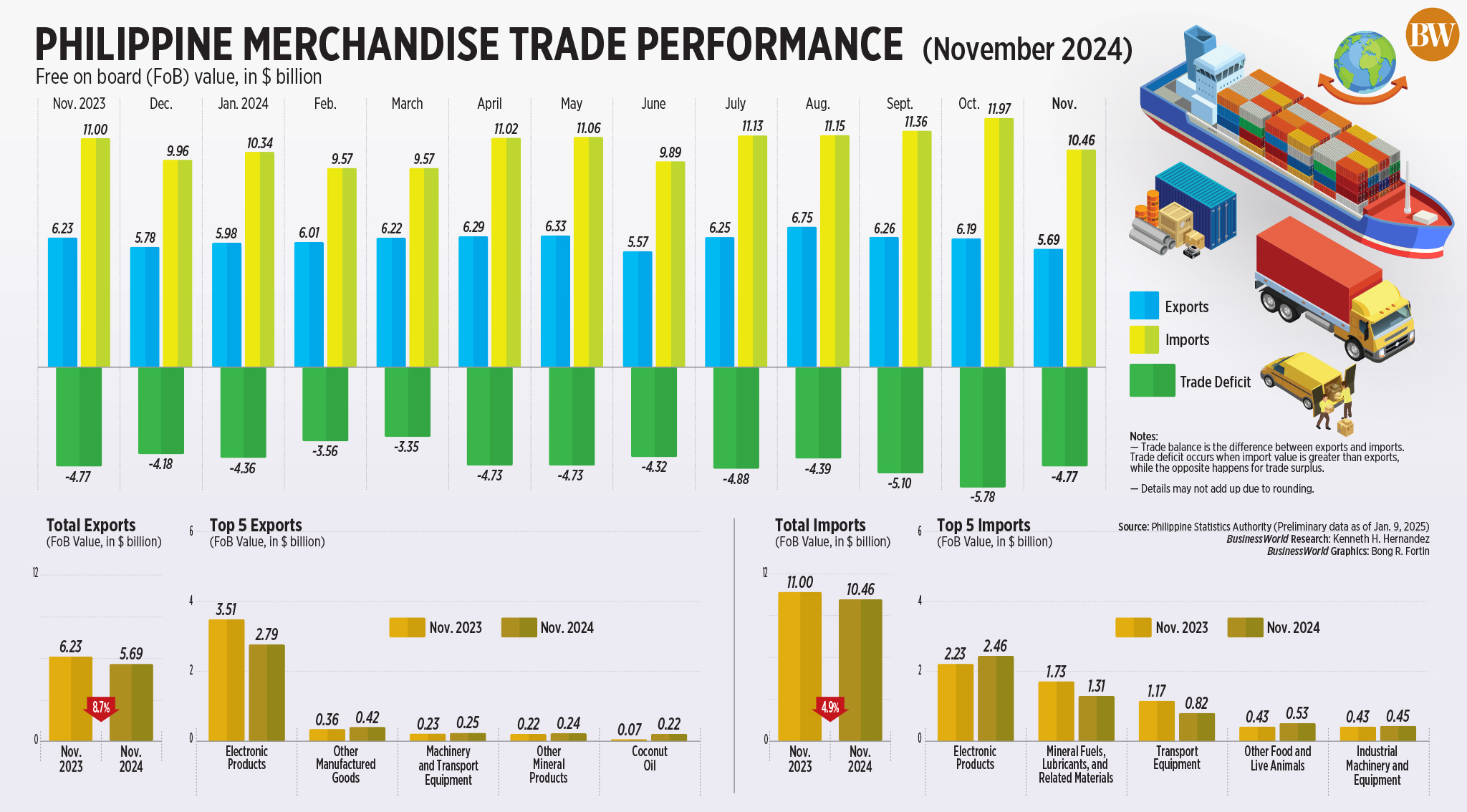Trading volume in dollar-rupee non-deliverable forwards (NDF) at India’s offshore finance hub soared to a record high in December as banks and companies lapped up arbitrage opportunities amid a worsening outlook for the rupee.
Banks executed NDF trades worth more than $161 billion at the offshore hub, a sharp rise of 140% from a year ago, data from Clearing Corporation of India showed. The trades had averaged about $111 billion per month over the rest of 2024.
NDF activity by banks’ clients spiked by more than 10 times to $39.30 billion last month compared to the total trades between January and November.
- Also read: Wall Street expected to shed 200,000 jobs as AI erodes roles
The rise in activity coincided with the rupee logging its worst monthly performance in two years.
The sharp decline in India’s growth rate, expectations that the Reserve Bank of India will need to cut rates sooner than expected and worries over what Donald Trump’s presidency will bring prompted a rush to pile on bearish wagers on the rupee in the NDF market.
Speculative bets against the rupee have risen to their highest in two-and-a-half years, a Reuters poll showed.
Additionally, market participants holding long rupee assets have hedged their exposure through the NDF market, Sameer Karyatt, executive director and head of trading at DBS Bank India said, pushing NDF rates higher.
Non-deliverable forwards are derivatives that allow investors to speculate on currencies. At the maturity of an NDF contract, counterparties settle the difference between the contracted and actual exchange rate.
Rates, RBI
The dollar/rupee rates in the NDF market were higher than the local forward market through most of December, creating arbitrage opportunities, which banks and companies exploited by selling NDFs and buying forward dollars locally.
The Reserve Bank of India’s frequent interventions in the NDF market kept the local and NDF rates on par for much of 2024.
- Also read: US, EU advise Indian exporters to Russia of careful evaluation of products to avoid sanctions
However, the RBI dialed down its activity in the NDF market, traders said, which allowed the rates to diverge.
This and a pick-up in the rupee’s volatility are the key reasons for the heightened interest in NDF, a senior treasury official at a bank said.
A resilient US economy and worries around Trump’s trade policies are likely to ensure the rupee remains out of favour in the NDF market.
“Under these circumstances, we anticipate that the elevated volumes in NDF will continue in the near term,” DBS’ Karyatt said.









Leave a Comment